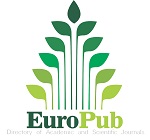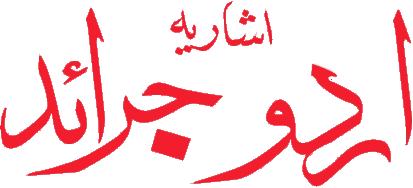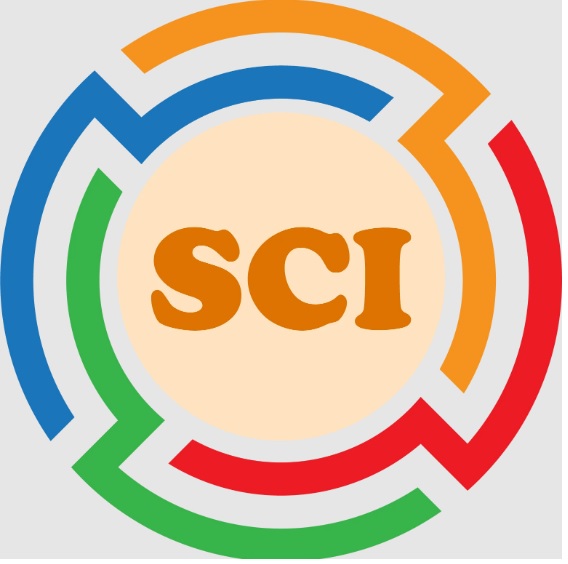Plagiarism Policy
"ROOH-E-TAHQEEQ" is committed to upholding the highest standards of academic integrity and originality in scholarly research. Plagiarism, in any form, is a serious violation of ethical principles and undermines the credibility of scientific discourse. As such, we have established the following plagiarism policy to safeguard the integrity of our journal:
- Definition of Plagiarism:
Plagiarism is defined as the act of using someone else's ideas, words, or work without proper attribution or acknowledgment. This includes, but is not limited to, copying verbatim text from another source without quotation marks or citation, paraphrasing another author's work without proper attribution, and self-plagiarism (i.e., reusing one's own previously published work without appropriate citation).
- Originality and Attribution:
Authors submitting manuscripts to "ROOH-E-TAHQEEQ" are expected to ensure that their work is original and does not contain any plagiarized content. All sources used in the manuscript, including text, data, images, and ideas, must be properly cited and attributed to the original authors. Failure to provide adequate attribution or citation may result in the rejection of the manuscript and may lead to further disciplinary actions.
- Plagiarism Detection:
All submitted manuscripts undergo a thorough plagiarism check using plagiarism detection software to identify any instances of plagiarism or academic misconduct. Our editorial team carefully reviews the plagiarism report and assesses the originality of the manuscript. Authors may be required to provide explanations or revisions if any instances of plagiarism are detected.
- Consequences of Plagiarism:
Authors found to have committed plagiarism or academic misconduct may face serious consequences, including but not limited to:
- Rejection of the manuscript
- Suspension of publishing privileges in the journal
- Notification of the author's institution or employer
- Reporting the incident to relevant academic bodies or authorities
- Legal action in cases of copyright infringement
- Self-Plagiarism:
Authors should also be aware of the ethical considerations surrounding self-plagiarism, which involves the reuse of one's own previously published work without proper citation or acknowledgment. While self-referencing and building upon one's own research are acceptable practices, authors must clearly indicate when and where the content has been previously published or disseminated to avoid misleading readers and violating copyright policies.
- Author Responsibility:
Authors are ultimately responsible for the originality and integrity of their work. By submitting a manuscript to "ROOH-E-TAHQEEQ," authors affirm that the work is their own and that any sources used have been properly cited and attributed. Authors are also responsible for obtaining necessary permissions for any copyrighted material used in their manuscript.
- Editorial Action:
If plagiarism or academic misconduct is detected at any stage of the submission or review process, the editorial team will take appropriate action in accordance with our plagiarism policy and ethical guidelines. This may include rejection of the manuscript, notification of the author's institution, and imposition of sanctions as deemed necessary.
- Appeal Process:
Authors who disagree with the decision regarding plagiarism may appeal the decision by providing evidence or explanations to support their claim. The editorial team will review the appeal and may reconsider the decision based on the provided information.
By adhering to these plagiarism policy guidelines, "ROOH-E-TAHQEEQ" is committed to promoting academic integrity, originality, and ethical scholarship in the field of Literature and Literary Theory. We encourage authors, reviewers, and readers to uphold these principles and contribute to the advancement of knowledge with honesty and integrity.














